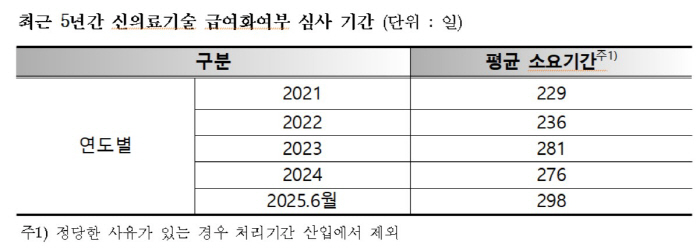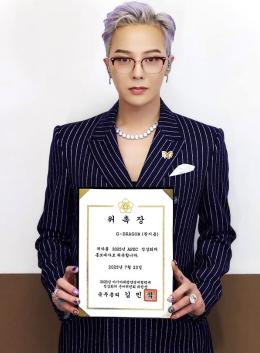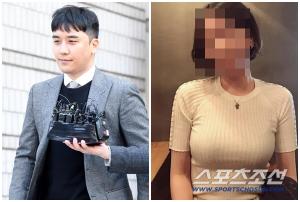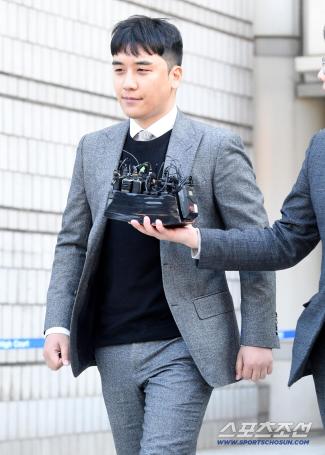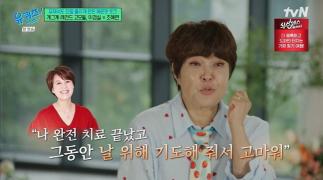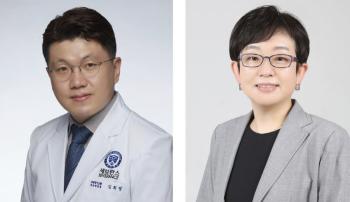The average screening period for new medical technology health insurance registration is close to 300 days...More than 3,000 days of technology
Oct 17, 2025
|
According to data submitted by Seo Mi-hwa (Democratic Party of Korea), a member of the National Assembly's Health and Welfare Committee, the screening period for deciding whether to list new medical technologies as health insurance has increased every year, reaching nearly 300 days. In other words, the screening has been about three times longer than the target number of 100 days under related laws.
New medical technology evaluation is a system to protect the safety and health of the people and promote the reliable development of medical technology by evaluating the safety and effectiveness of medical technology through objective evidence and expert discussion. New medical technology, which has passed the Korea Institute of Health and Medical Care, determines whether to pay, non-pay, or select benefits through the review of the Health Insurance Review and Assessment Service.
However, it is pointed out that the Health Insurance Review and Assessment Service's review period is continuously delayed. Looking at the screening period over the past five years, the average screening period, which was 229 days in 2021, has gradually increased to 298 days in 2025. In particular, endoscopic ear surgery in 2023 took 1,707 days, the longest record. In the same year, the NK cell percentage test was the shortest at 78 days.
Of the 49 ongoing new medical technologies, 41 (84%) exceeded the legal standard (100 days), and 'fecal flora transplantation', which has been under review since December 2016, has yet to be concluded for more than 3,000 days. By period, there are 7 medical technologies with screening periods of 2,000 days or more and 3,000 days or less, and 12 medical technologies with 1,000 days or more and 2,000 days or less, and many long-term pending cases.
In response, an official from the Korea Appraisal Board explained that the review period is being delayed due to disagreements between societies, associations, or experts and coordination of opinions between the two countries and the Korean Peninsula.
"For medical technologies that have passed the Korea Institute of Health and Medical Care, it is a serious problem to be unable to even decide whether to apply health insurance for nearly 10 years as the scientific feasibility has already been verified," said Seo Mi-hwa. "For patients looking forward to paying for new treatments, the Health Insurance Review & Assessment Service needs fundamental measures to prevent prolonged screening discussions."
This article was translated by Naver AI translator.
